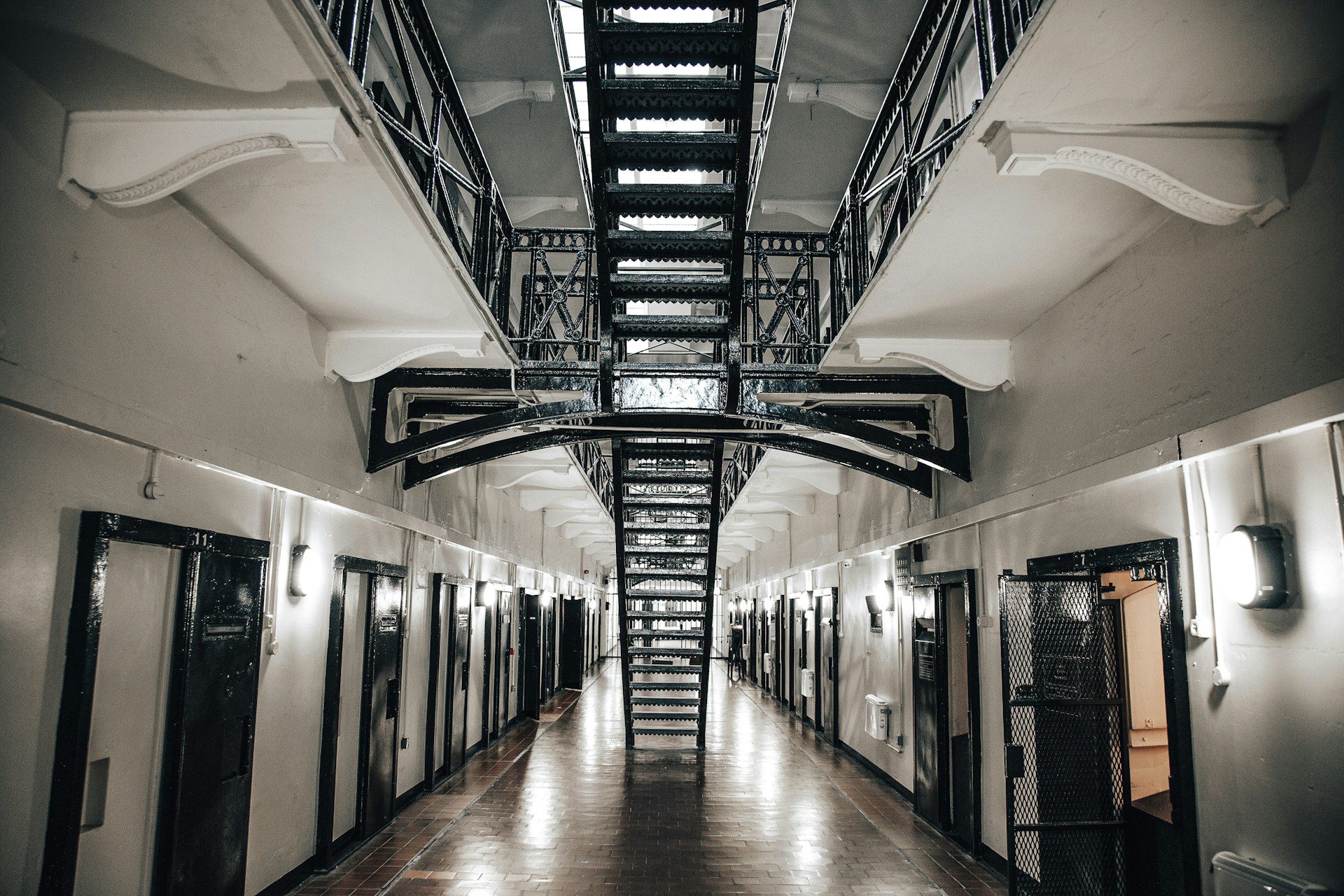
Would Vermont’s anti-slavery amendment impact prison labor? Advocates say rhetoric ‘misses the point.’
As the Nov. 8 general election approaches, advocates from around the country have pointed to Vermont’s Proposal 2 — which, if passed, would explicitly prohibit slavery and indentured servitude in the state constitution — as a potential step forward for criminal justice reform.
Ben Crump, a high-profile civil rights attorney who represented George Floyd’s family in its civil suit against the city of Minneapolis, said via Twitter earlier this month that the passage of various state constitutional amendments, including Vermont’s, would “close a loophole allowing involuntary servitude by prisoners.” The Abolish Slavery National Network, which has advocated for the Vermont amendment’s passage, largely focuses on the impact that similar measures could have on prison labor.
When Proposal 2 made its way through a multi-year legislative approval process, state lawmakers also raised the question of whether the amendment squared with the practice of employing incarcerated people for below minimum wage.
But the Vermont Department of Corrections does not see the language of Proposal 2 contradicting its current practices, and one advocate for Proposal 2 is concerned that rhetoric around the amendment’s potential impact on incarcerated Vermonters distracts from the effort’s broader goals.
In its current form, Article 1 of the Vermont Constitution says that “no person born in this country, or brought from over sea, ought to be holden by law, to serve any person as a servant, slave or apprentice, after arriving to the age of twenty-one years, unless bound by the person’s own consent, after arriving to such age, or bound by law for the payment of debts, damages, fines, costs, or the like.”
Proponents of Proposal 2 say that language is ambiguous and offers some exceptions to the prohibition of slavery. Should it pass, Proposal 2 would amend the Constitution to simply state that “slavery and indentured servitude in any form are prohibited.”
Rachel Feldman, a spokesperson for the state Department of Corrections, told VTDigger that the department does “not see any issue with Proposal 2 and our current policies and practices” around employing incarcerated Vermonters. Those workers do earn less per hour than minimum wage, Feldman said, but they are not forced to perform labor, and they apply for their positions at correctional facilities.
“I want to make sure the public understands that this is not people being forced to work, but it’s not going to look the way it does if somebody goes and applies for a job as a non-incarcerated citizen,” Feldman said.
